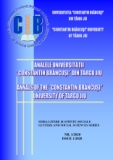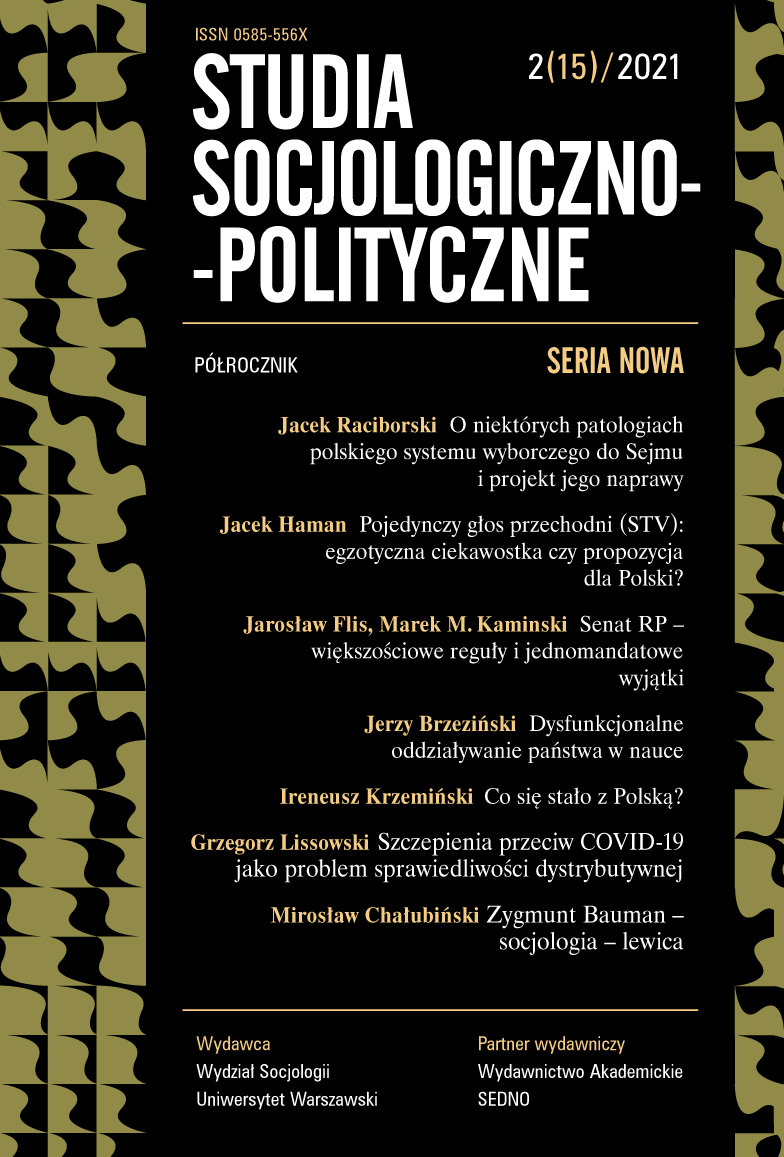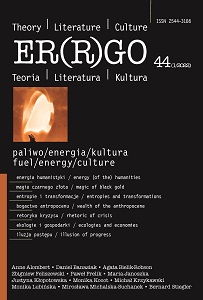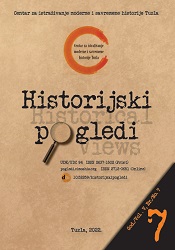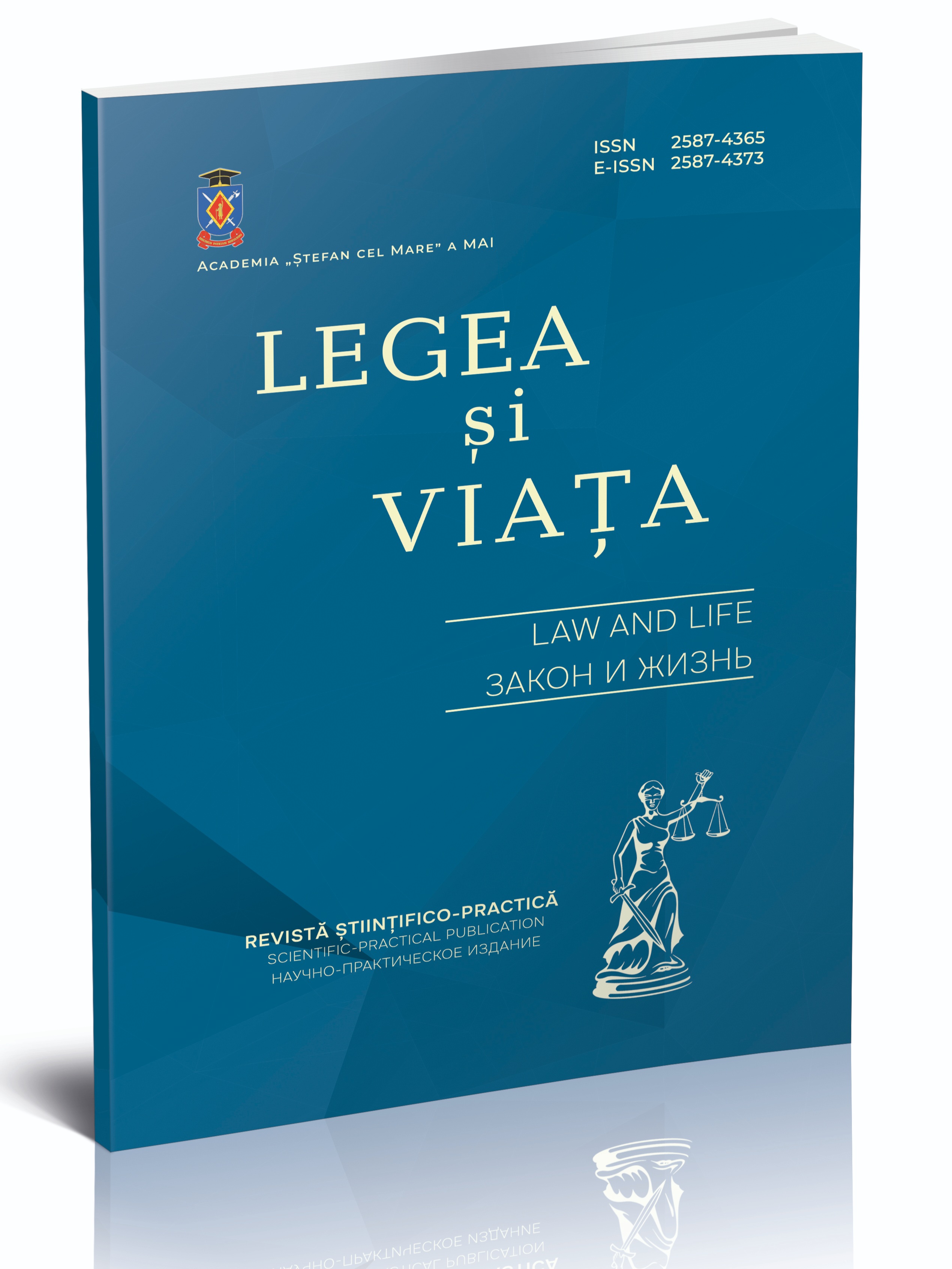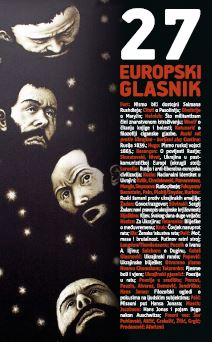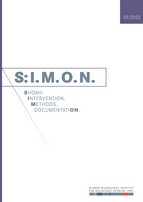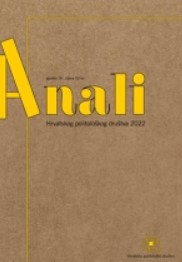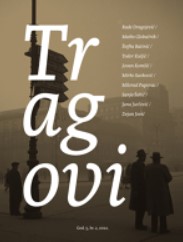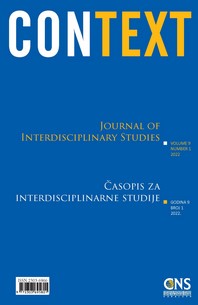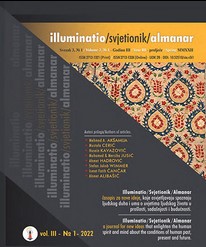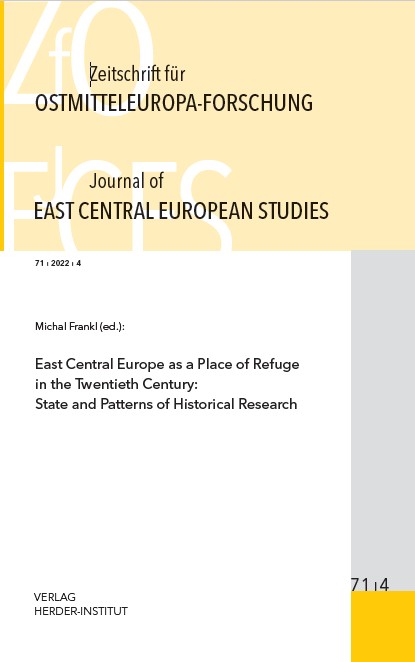Author(s): Muamer Džananović,Ermin Kuka / Language(s): Bosnian
Issue: 7/2022
Commission of individual and mass crimes against values protected by international law, including the crime of genocide, was also directed towards changes in ethnic and demographic structures of population. All these are the features of fascistic, great state ideologies and policies. The most severe and most brutal forms of the implementation of the great state projects took place in the territory of the Republic of Bosnia and Herzegovina in 1992-1995. Namely, the great-Serbian genocidal ideology and policy has in continuity far more than two centuries practiced mass crimes against values protected by international law, including the crime of genocide against Bosniacs. Already in 1992, and independent, sovereign and internationally recognised Republic of Bosnia and Herzegovina was exposed to a brutal armed aggression by the neighbouring Federal Republic of Yugoslavia (Serbia and Montenegro). The objective of the aggression was fulfillment of several century long great stale goal, and/or final completion of the space in which Serbs would dominantly live - the great Serbia. This goal was not possible without execution of grave forms of war crimes, namely in final destruction Bosnia and Herzegovina as a state and society. Impacts of such approach are particularly visible in the aspect of changes in demographic structure of population. Strategically important space far great-Serbian genocidal ideology and policy was and is the space of Bosnian Podrinje. Crime committed against Bosniacs in 1992-1995, including those committed in Višegrad, are essential part of the enforcement of the great-Serbian genocidal plan on making ethnically "clean " territories. According to 1 991 census, there were 21,199 residents of Višegrad, of which 13,471 Bosniacs (63.54%) and 6,743 Serbs (31.80%). The Bosniacs of Višegrad were, especially in spring and summer of 1992, subjected to different forms of crimes, including mass murders, setting on fire, incarceration in camps, rapes, and persecution of civilians. Regardless of huge extent of crimes, the genocidal ideology was not given up even after the signing of the Dayton peace agreement. Adapted to peacetime conditions, even today, thirty years since the aggression, different forms of psychological and physical violence against Bosniacs have been used in Višegrad. Frequent attacks and harassment of returnees are followed by, far example line-up of members of the Ravna Gora Chetnic movement, a symbol of crimes against Bosniacs of Podrinje area in the WWII, or celebration of the Day of Russian Volunteers, who took part in the attacks and crimes against Podrinje Bosniacs during the aggression. Open discrimination and dehumanisation of Bosniacs returnees, permanent celebration of crimes and criminals are everyday events. Ali of this negatively affects continuation of the process of return of Bosniacs to their historic residence. The analysis of the contents of the relevant archives, especially two relevant censuses in Bosnia and Herzegovina (1991 and 2013) shall elaborate the demographic changes, which took place in Višegrad in this relevant period. It is the fact that the Bosniacs are today the absolute minority in Višegrad, which is the result of the committed crimes, including the genocide against Bosniacs, which ultimately resulted in the altered ethnic demographic structure of population. Višegrad is also subjected to a fast process of ageing, both due to the reduced number of returnees and due to the emigration of biologically productive population. Even all the other demographic indicators suggest that Višegrad is becoming the town of old people and general societal hopelessness, which shall be also detailed in the paper. This is also one of the ways to fully implement the practice of ethnically clean "Serb" territories. Nowadays, the political leaders of the smaller BiH entity and municipality Višegrad are preoccupied with the policy of denial of Bosniacs identity markers and provision of hopelessness far returnees, which finally brings no good to population in general, regardless of their ethnic background.
More...

